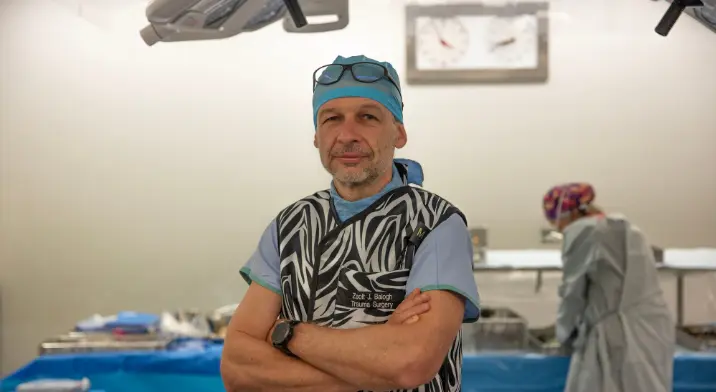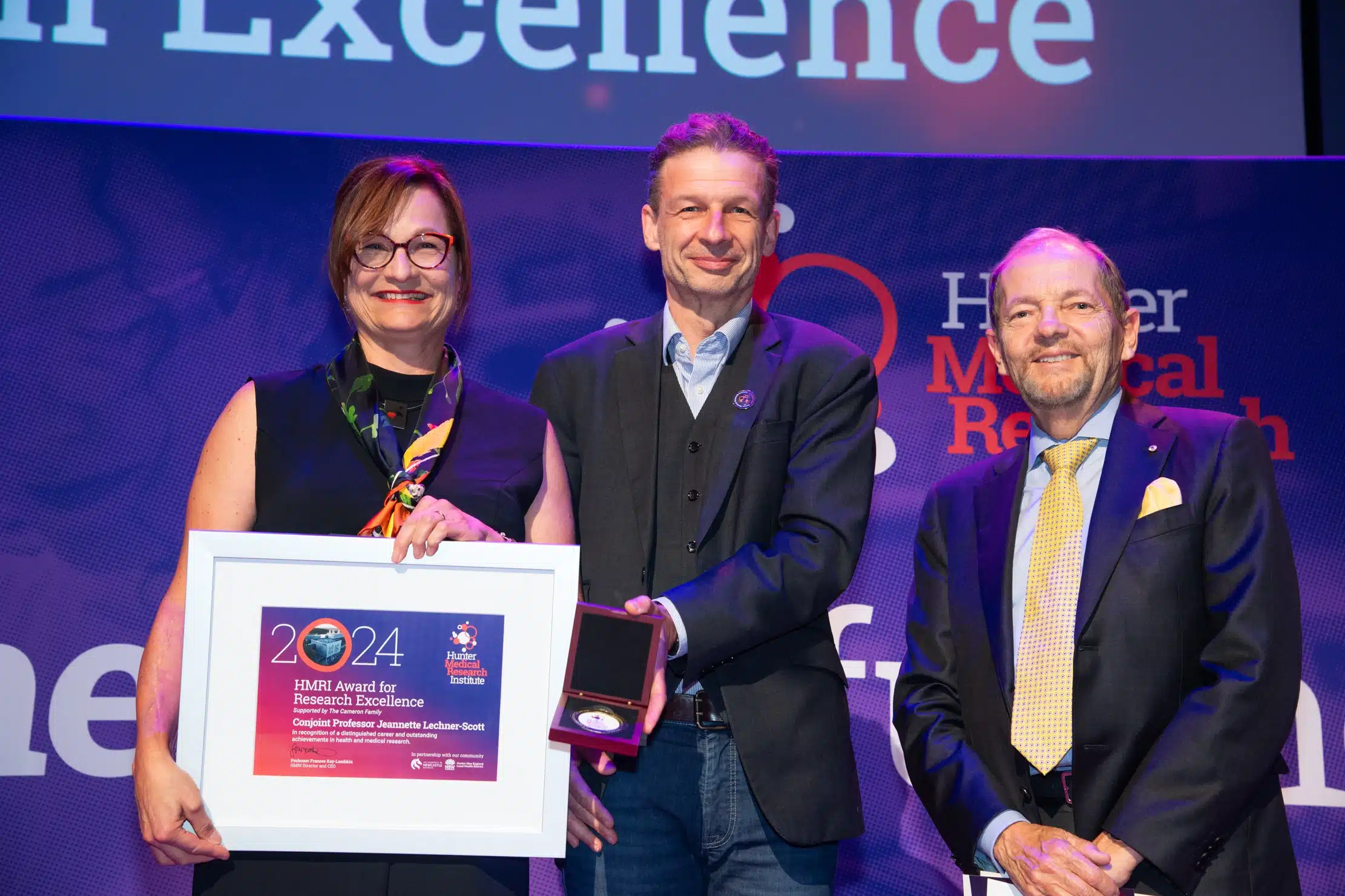Professor Mark Baker works on the impact that increased testicular heat stress (hyperthermia) has on both the development and production of spermatozoa.
His work specifically focuses on the ability of hypthermia to induce DNA damage, which consequently leads to poor embryo development or infertility in humans, mice, drosophlia, and C.Elegans.
He has produced a novel scrotal cooling device that is currently undergoing clinical trial evaluation to measure its impact on fertility both naturally and in an assisted conception environment.













